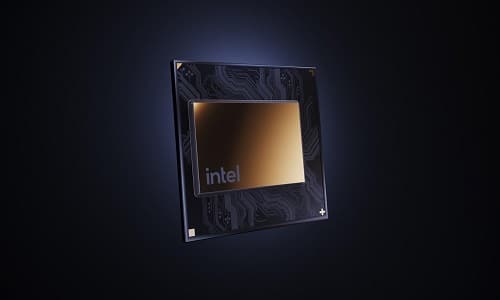By securing the blockchain ecosystem, the advancement of the technology can occur in responsible and sustainable way

Digital computing continues to enrich our lives in many ways with regards to consuming, and creating content and services with a few clicks or taps of our fingertips. Exponential increases in compute performance, enabled by Moore’s Law, play a significant role in making these experiences seamless. Moore’s Law is also enabling us to democratize access to this enormous pool of processing power.
Looking forward, blockchain is a technology that has the potential to enable everyone to own much of the digital content and services they create. Some even call it an inflexion point in computing, fundamentally disrupting the way we store, process and transact our digital assets as we usher in the era of metaverse and Web 3.0.
No matter how the future evolves, it is certain the availability of a lot more computing to everyone will play a central role.
At Intel, the aim is to contribute to the development of blockchain technologies, with a roadmap of energy-efficient accelerators. Intel will engage and promote an open and secure blockchain ecosystem and will help advance this technology in a responsible and sustainable way.
Some blockchains require an enormous amount of computing power, which unfortunately translates to an immense amount of energy. To bring that down, energy-efficient computing technologies at scale are being developed. The architecture is implemented on a tiny piece of silicon so that it has minimal impact on the supply of current products.
Intel Labs has dedicated decades of research into reliable cryptography, hashing techniques and ultra-low voltage circuits. The newly developed blockchain accelerator has over 1000x better performance per watt than mainstream GPUs for SHA-256 based mining.
The energy-efficient solution aims to make the computing of tomorrow better today.






